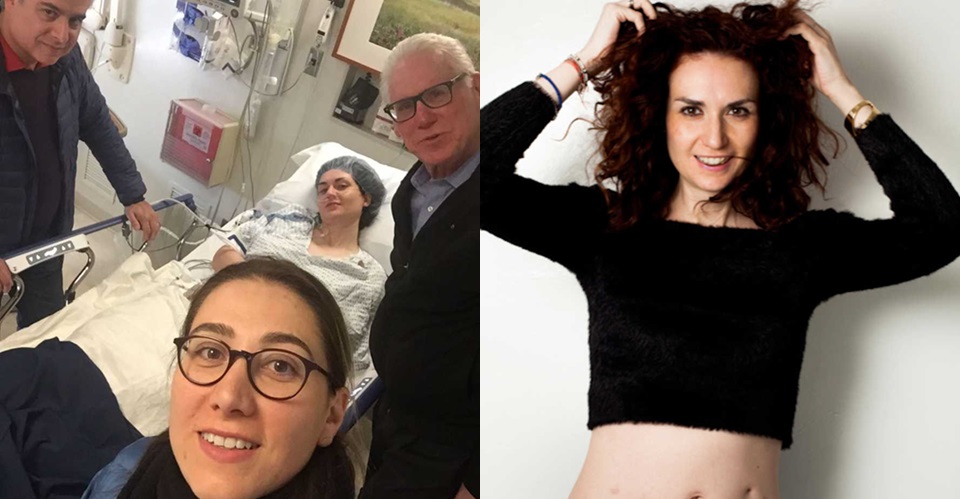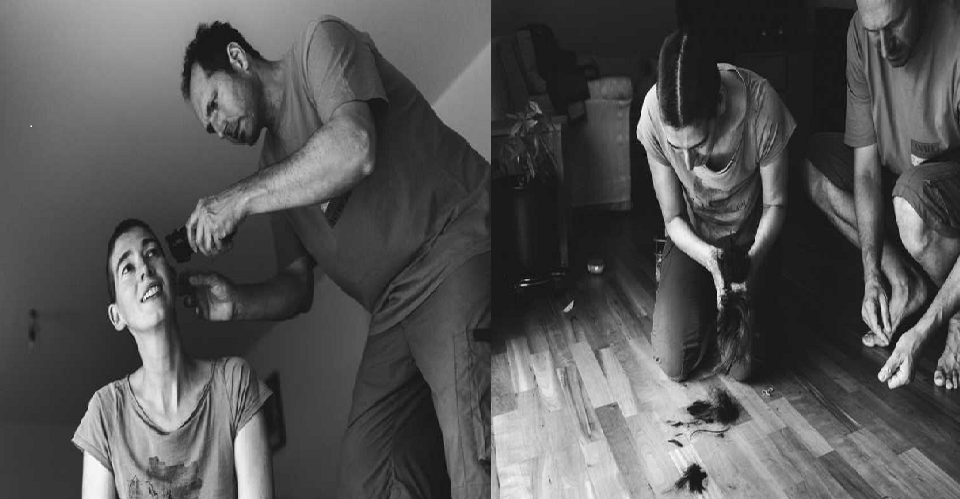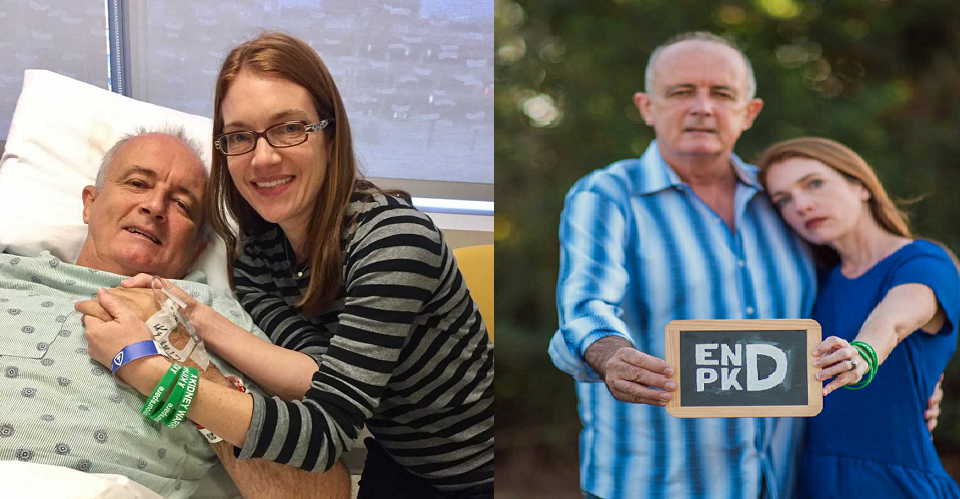Nobody expects to hear a doctor casually drop the words, “You can live without a stomach,” like it’s a line from a medical handbook. Jessica sure didn’t. She was 34, young, healthy, and had just been told her mammogram looked perfect. Life felt normal, stable even. She had a toddler tugging on her sleeve, a husband she adored, and a clean bill of health. Until the phone rang.
It was her doctor, calling on a Friday evening, which already felt unusual. He told her the breast cancer genes, BRCA1 and BRCA2, came back negative. Relief, right? Wrong. Because then he mentioned something she had never heard before: a mutation called CDH1. It wasn’t just about breast cancer, it also meant stomach cancer, and not the kind you can easily catch. The kind that sneaks around quietly until it’s too late. Her head started to spin. Her first thought was, Surely this is for older people, surely I’ve got years. But then came the gut-punch: a 79% chance of developing stomach cancer, and the average age was 37. She was 34. That gave her three years, maybe less.
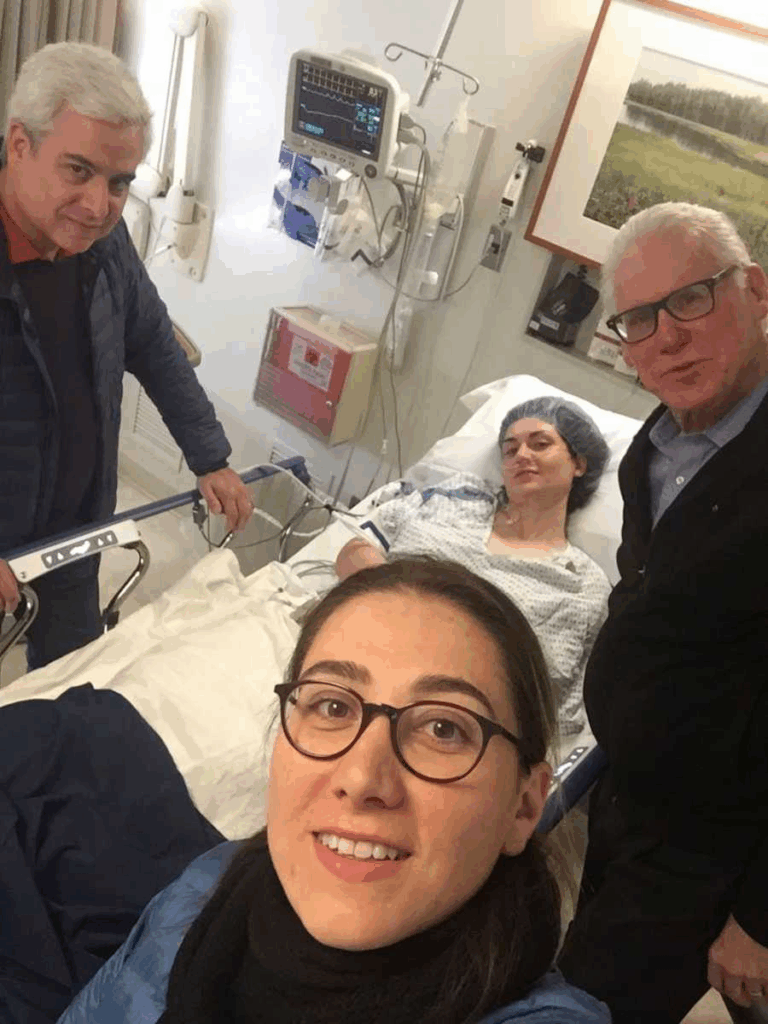
So began the spiral. Endless Google searches, crying fits, and nights staring at the ceiling. She went through the motions of being a mom, but inside, she collapsed. An endoscopy followed, with more than 50 biopsies. They warned her that even if nothing showed up, cancer could still be hiding. Two days later, the call came. “We found cancer.”
Oddly enough, Jessica felt almost relieved. The thought of cutting out a healthy stomach terrified her, but now she had a reason. She wasn’t making some dramatic choice; she was saving her life. Surgery was scheduled. Her sister and dad flew in. Friends rallied, dropping off meals, raising money, keeping her spirits afloat with jokes and late-night texts. But her husband, steady and unshakable, was the one who held her up when she fell apart.
The stomach removal surgery was brutal. The surgeon connected her esophagus to her small intestine, trying to mimic the stomach’s role. In theory, it worked, but in reality, the food wasn’t going down. It was like trying to push dinner through a coffee straw. She ended up back in the hospital over and over, sometimes for weeks at a time. Stents, dilations, feeding tubes—she tried them all. She dropped 30 pounds in two months. She couldn’t eat without pain. She grew weaker and weaker, and with weakness came depression.
“I thought I was handling it,” she admitted later, “but I was not.” Therapy and antidepressants pulled her back from the edge. Slowly, she regained some strength. Her siblings tested negative for the mutation, which lifted a huge weight off her shoulders. At least they wouldn’t have to face the same nightmare. After months of failed procedures, doctors finally decided to redo the surgery, cleaning up scar tissue and fixing the connection. This time it worked. She still needed follow-ups, but food finally stayed down. Healing, both physical and emotional, could begin.
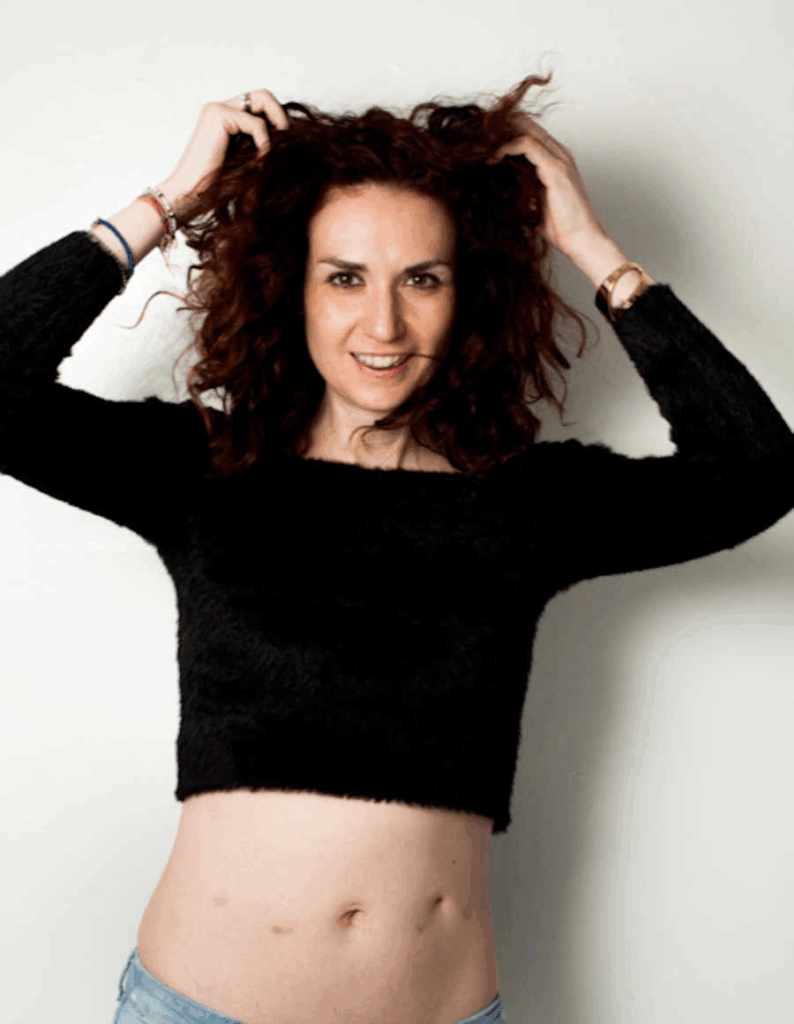
So what is it like to live without a stomach? Jessica is brutally honest: it sucks. You never feel hunger again. Eating becomes an obligation, not a joy. Meals are tiny, vitamins must be supplemented, and sugar crashes are real. But she adapted. Milk with cereal is gone forever, but most other foods are back on the table. Two years out, she feels almost normal again, grateful for every bite and every day.
Cancer took her stomach, but it gave her perspective. She learned the importance of mental health, the depth of true friendship, and the beauty of small pleasures. She cherishes her family more fiercely than ever, especially her son, who has a 50% chance of inheriting the same mutation. She hopes that when he looks at her, he’ll see proof that it’s possible to live, even thrive, without a stomach.
Jessica still has more battles ahead. The breast cancer risk lingers, and she plans to have a double mastectomy to close that door once and for all. But for now, she’s focused on living, laughing, and teaching her son that strength doesn’t mean pretending you’re fine—it means surviving when life rips your stomach out and finding a way to keep going anyway.
